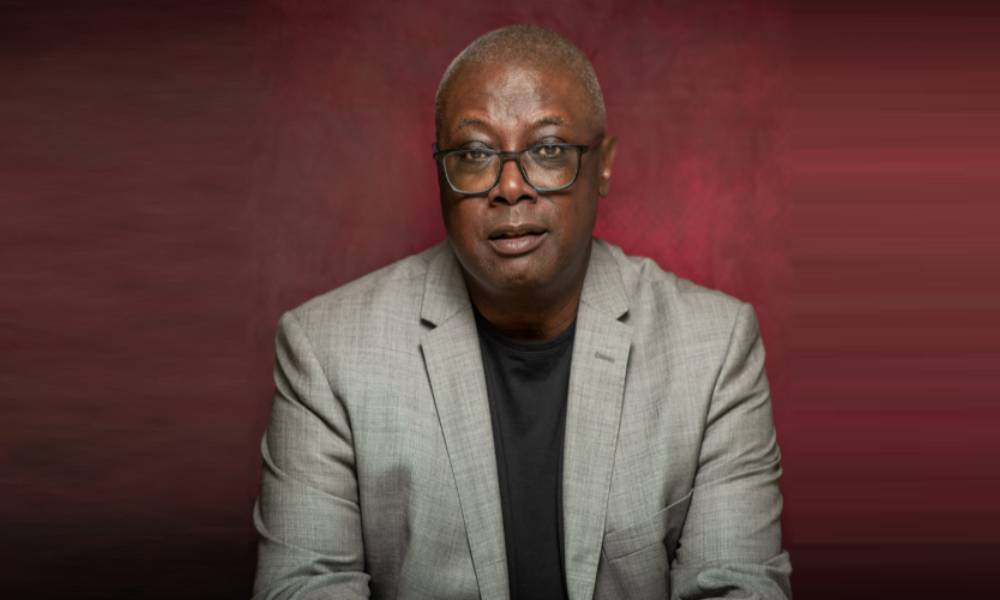Seasoned 35-year advisor offers his lessons learned after seven years, $50,000 in lawyers' fees, and 10 court appearances

David Edey is a man with a mission. After spending seven years and $50,000 in lawyers’ fees, plus making 10 court appearances to settle his parents’ will with a sibling, he’s sharing five tips in his new book, Executor Help: How to Settle an Estate, Pick an Executor, and Avoid Family Fights, for advisors doing will and estate planning. It launched today online.
“I was totally oblivious to this until I went through it myself,” Edey, who’s been an advisor for 35 years and now is a senior advisor at TWMG – The Wealth Management Group – in St. Laurent, Quebec told Wealth Professional. “But after what I went through, every time I would talk to clients or friends, they would tell me about being an executor or a family that was in turmoil. So, I didn’t want people to go through what I did.”
Even though an advisor’s job is to quarterback an individual’s personal finances, he said this may be a hard discussion to have if clients are reluctant or apathetic, or just want to procrastinate. But he said the time is ripe because people’s thinking has changed during the pandemic, and they’re “uneasy about the whole climate of everything”. They may also be more mindful of their mortality than they were before.
“I get it that people don’t want to talk about this, but it has to be taken care of. Even if you take an hour or two to make sure it is, you’re going to save thousands of dollars and the relationships in the family going forward,” he said. Asking clients how their families would fare if something happened to them not only launches that discussion, but provides advisors with an opportunity to gain more value in their clients’ eyes and trust from them, too.
“Intensive care is not a place to find out that your dad doesn’t have a will,” he said. “That should have been taken care of before.”
It’s been nine years and Edey’s family has not healed – even though, in the end, the will was disbursed pretty much as his parents wished. But, it’s become a cautionary tale, so he’s offering five tips beyond the obvious of ensuring clients have an up-to-date will, especially after a divorce or death.
- Clients should share their wishes with their families: This will help the families understand what’s to happen and why. Edey’s family didn’t, which is why the three siblings ended up in court. Talking beforehand offers more chance for a better resolution.2
- Clients should pre-book their executors: Encourage your clients to find a trustworthy person who will execute their wishes, then explain the job and ask if the person will do it. That can even be a corporate or bank executor. Clients shouldn’t put their executor in the position of being surprised by the request after the client dies, because the executor can refuse, which often happens. Then the court must name another executor. Clients should also warn executors about potential conflicts, such as from different marriages or siblings who don’t get along.
An executor must file the person’s income tax return and pay the taxes, then get the clearance certificate from the Canada Revenue Agency and pay the bills before disbursing the rest of the estate to beneficiaries. Edey said executors should not pay beneficiaries first or they may be held liable for the taxes or debts. It can take at least 18 months and 100 working hours to do the basic work.
- Clients should enlist their advisors for will and estate talks with other professionals: Your clients will probably need an accountant and lawyer to complete all the aspects of their will and estate plan, so Edey recommended advisors sit on those conversations.
“You can answer any questions or bring up points that they didn’t think about and be a facilitator between the lawyer and client because the lawyer likely doesn’t know the client,” he said, adding he didn’t do that. “Even though I’ve sat through hundreds of client-lawyer meetings about wills, when it came to my own family, I wasn’t in the room for those discussions. I was guilty of being reluctant because I just couldn’t fathom my parents not being there.”
- Clients should ask executors to communicate with beneficiaries during the process: “Once you become an executor, then all of a sudden people look at you sideways – like, why is it taking so long? – when they don’t know what’s involved,” said Edey. “There’s a lot you have to do before you can start cutting any checks.”
He recommended executors send regular emails or book regular Zooms. They can also refer beneficiaries to the accountant or lawyer to confirm the stage they’re in and how long it might take.
“Don’t go radio silent on them because it doesn’t take much for a beneficiary to want to take you to court,” he said. “Then there’s another wasted day or couple of days or weeks going to court.”
- Clients should tell executors where digital passwords are located: This is an oft-forgotten, but critical, area. “When there’s trauma in the family, you don’t want to be looking around for files. You want to know exactly what you’re looking for and where it is,” said Edey. “Advisors need to impress on their clients that they’re trying not to leave the family in disarray. You don’t want them traumatized and in chaos.”
Edey’s self-published book now is on Amazon, Barnes and Noble’s, and Edey’s websites. He said it’s good for both those developing their wills and estate plans as well as those who are asked to be executors, especially since it answers executors’ 50 most common questions.



